
Cypriot Nobel laureate, Professor Christoforos Pissarides will participate in the Informal Meeting of EU Ministers of Education, to be held on October 4-5 in Nicosia.
Discussions of EU Education Ministers will focus on the central role of education for the implementation of the strategy "Europe 2020" for employment and growth.
Professor Christoforos Pissarides will discuss with Ministers on linking education and economic performance - an issue highlighted in the recent OECD report entitled "Education at a Glance," which shows that a European university graduate can expect net profit of €140 thousand in the whole of his/her working life, while the long-term benefits of higher education for the public due to increased tax payments and other savings are approximately three times higher than public spending.
The Ministers will also examine the recommendations of the High Level Committee on literacy, presented to the public last month. A report prepared on the issue revealed that one in five 15 year old youth, as well as nearly 75 million adults, lack basic literacy skills, making it difficult for them to find work and increasing the risk of poverty and social exclusion. The discussion will feed into the conclusions of the Council on literacy, which is expected to be approved by the Council of Ministers of Education in November.
In terms of education, according to current estimates, the number of jobs requiring tertiary qualifications will rise to 35% of all jobs by 2020, but only 26% of the total workforce today has tertiary qualifications. In the pursuit of a sustainable and inclusive economy, the Strategic Europe 2020 includes two goals for education - reducing the number of people who drop out of school early to less than 10% from 13.5% today, and increasing the number of tertiary graduates among people aged 30-34 years to 40% from 34.6% today.
The contribution of education to growth and employment will also be discussed at the Forum for Education and Training will take place on October 18-19 in Brussels.
In her statement, European Commissioner for Education, Culture, Multilingualism and Youth, Androulla Vassiliou welcomed the fact that the Cyprus Presidency included education and growth at the heart of its agenda.
At the same time, she sent a message to the Finance Ministers and Prime Ministers to think the young before they decide their priorities for the future EU budget.
Discussions of EU Education Ministers will focus on the central role of education for the implementation of the strategy "Europe 2020" for employment and growth.
Professor Christoforos Pissarides will discuss with Ministers on linking education and economic performance - an issue highlighted in the recent OECD report entitled "Education at a Glance," which shows that a European university graduate can expect net profit of €140 thousand in the whole of his/her working life, while the long-term benefits of higher education for the public due to increased tax payments and other savings are approximately three times higher than public spending.
The Ministers will also examine the recommendations of the High Level Committee on literacy, presented to the public last month. A report prepared on the issue revealed that one in five 15 year old youth, as well as nearly 75 million adults, lack basic literacy skills, making it difficult for them to find work and increasing the risk of poverty and social exclusion. The discussion will feed into the conclusions of the Council on literacy, which is expected to be approved by the Council of Ministers of Education in November.
In terms of education, according to current estimates, the number of jobs requiring tertiary qualifications will rise to 35% of all jobs by 2020, but only 26% of the total workforce today has tertiary qualifications. In the pursuit of a sustainable and inclusive economy, the Strategic Europe 2020 includes two goals for education - reducing the number of people who drop out of school early to less than 10% from 13.5% today, and increasing the number of tertiary graduates among people aged 30-34 years to 40% from 34.6% today.
The contribution of education to growth and employment will also be discussed at the Forum for Education and Training will take place on October 18-19 in Brussels.
In her statement, European Commissioner for Education, Culture, Multilingualism and Youth, Androulla Vassiliou welcomed the fact that the Cyprus Presidency included education and growth at the heart of its agenda.
At the same time, she sent a message to the Finance Ministers and Prime Ministers to think the young before they decide their priorities for the future EU budget.

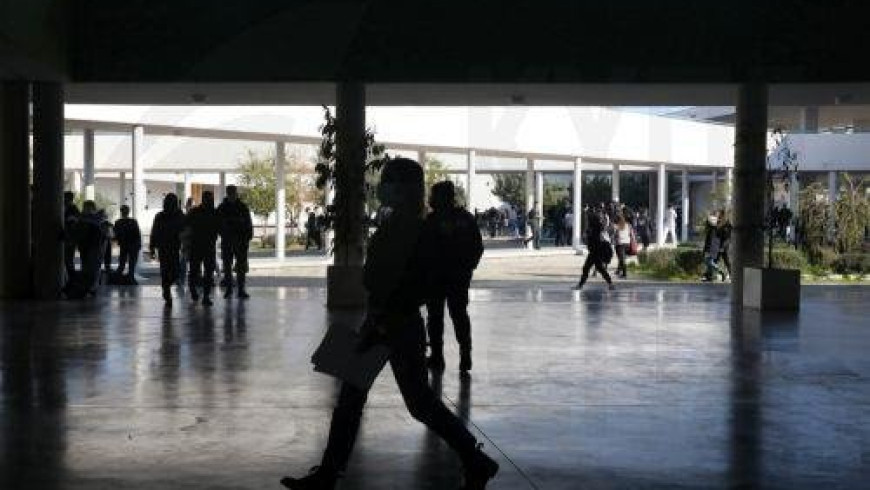
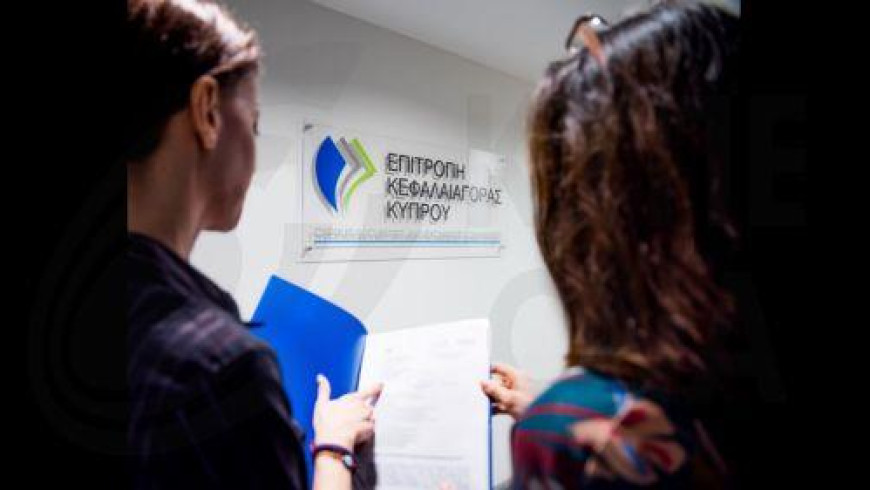
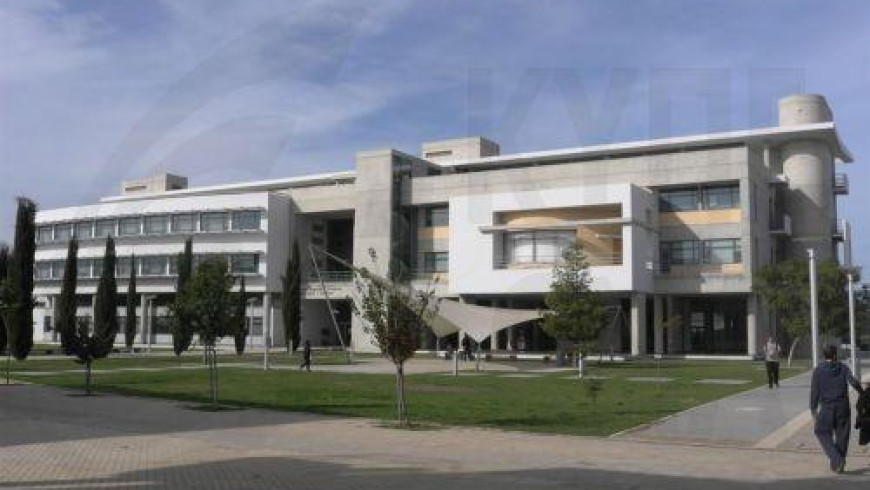

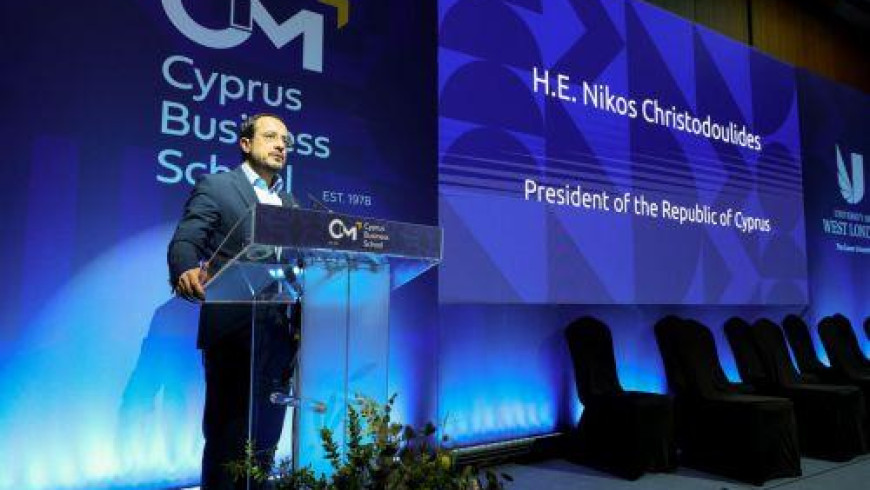
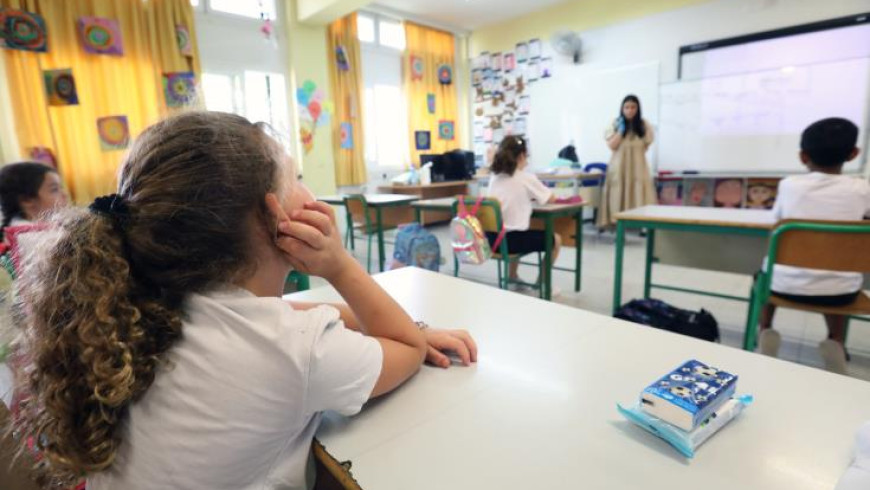
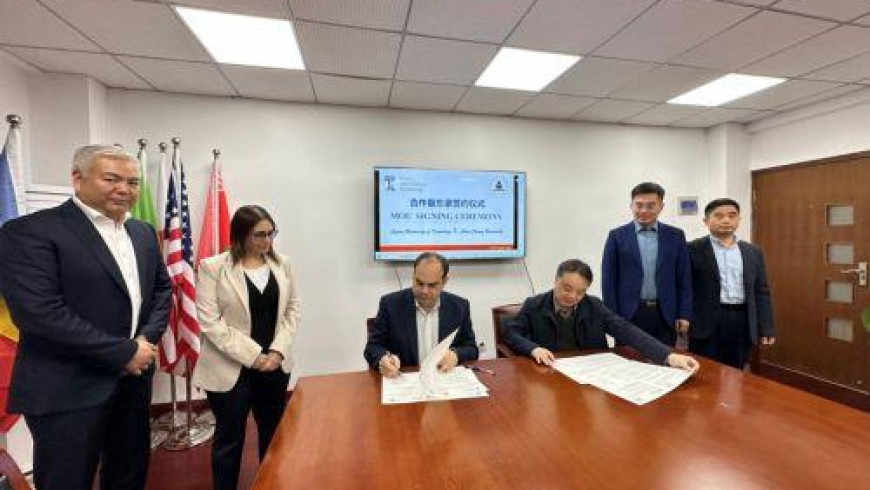
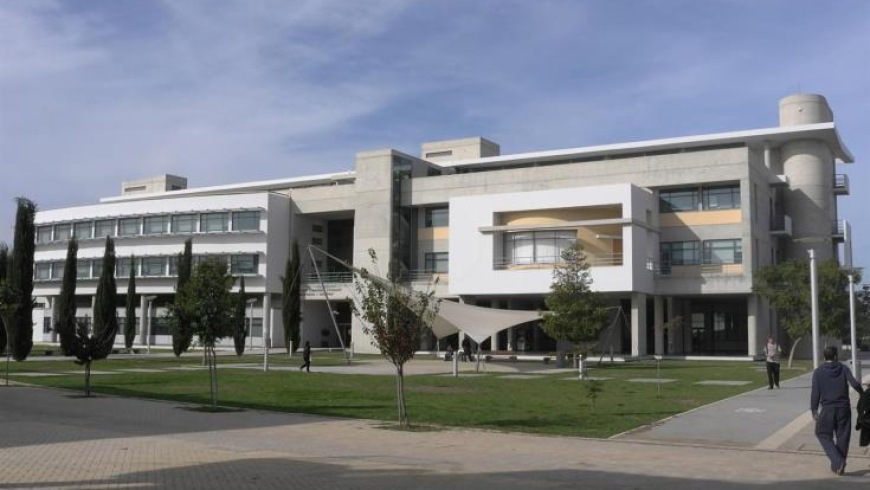





 3287.99
3287.99 1275.09
1275.09
